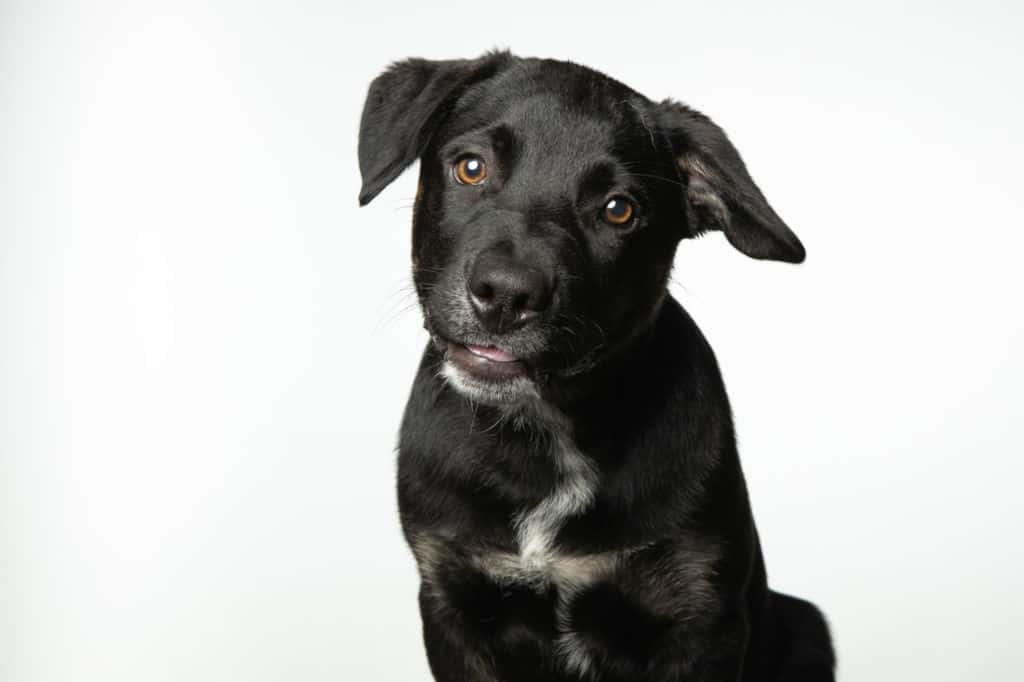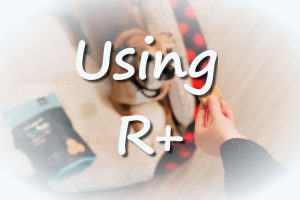If you’re struggling with your puppy, you are not alone. Training a young puppy can be challenging, but there are a few things to do before you start training to make your puppy listen first.
You must teach these things first because you’re dealing with a puppy, not a grown dog. They don’t know yet what’s expected. They’re like toddlers, so you must first work on manners and attention.

Why Don’t 3-Month-Old Pups Listen?
A 3-month-old puppy who doesn’t listen indicates that they don’t understand what you’re asking, not that they’re stubborn. They’re still puppies, and you must get their attention and train them.
Training at this age is akin to molding clay: while it’s still malleable, every positive interaction shapes their future behavior.
Puppies are still quite young at three months old and are continually learning and developing. They may not have fully developed the ability to understand and respond to commands, and they may also be easily distracted by their surroundings.
When it comes to yelling “No,” remember that your puppy does not understand language. They may have no idea that “No” means “Stop.” He’s like a small child, and you must start teaching him from the beginning.
Instead, use consistent gestures or tones. For instance, a firm clap can alert them without scaring them, making it a more effective deterrent.
How Should a 3-Month-Old Puppy Behave?
A 3-month-old puppy should be playful, curious, and energetic. They should be starting to become more confident and interactive with their environment, and they are also becoming more independent.
Young puppies can be quite chaotic. You’re most likely witnessing their genuine, confident, curious self, which implies more chaos and energy. But things will improve.
Even the best puppies are a nightmare at that age. They’re still very much a baby at three months, but they’re comfortable enough to have settled in.
Harness this comfort by introducing boundary exercises. For instance, placing a treat within a circle but teaching the pup to wait for your command to eat it.
Start potty training with a consistent schedule, keeping in mind that puppies have a short attention span and will need frequent breaks for rest and potty breaks. Socialize your puppy with other dogs and people when you can. Here are some great potty training aids to help you out.
Here’s a great tip when teaching them potty by going outside: Place a bell by the door, and gently tap the pup’s paw against it every time you take them out. Soon, they’ll associate the bell with potty time, signaling you when they need to go.
Remember that your puppy is still growing and likely often confused. Be patient with your puppy and set realistic goals. Avoid comparing your dog to others, and remember that they are still a puppy with a puppy brain, and they don’t know much yet.
How Do You Train a 3-Month-Old Puppy That Won’t Listen?
Training a 3-month-old puppy can be challenging, but it’s crucial to establish good behaviors early on. To help your puppy listen and respond to you, consistency and patience are key. Here are seven tips to make your 3-month-old puppy listen.
1. Leave the room when they misbehave.
When a puppy misbehaves, fold your arms and move away immediately. Leave the puppy’s room and close the door if necessary. Do not touch or speak to the puppy, do not yell “no,” make eye contact, or flap your arms, as these encourage the behavior.
Simply leave the room for a few minutes and then return. They will usually quiet down and get a lot better.
If they begin misbehaving again, leave the room again. This way, your puppy learns that misbehaving disrupts attention, interaction, and the potential for play.
2. Enforce naps
At three months old, puppies should sleep for at least 15 hours daily, as they can become even more frustrating when tired.
Like toddlers, puppies may complain and resist napping when they don’t think they need to. However, they require sleep to develop and reset. An hour out of the crate can easily make them overtired, and they may not want to nap voluntarily.
3. Work on manners and engagement first
At this age, it’s more critical and practical to capture desired behaviors and manage undesirable ones than to focus on traditional training sessions.
Start by teaching basic manners, such as not jumping up or biting. Train them to look at you by ignoring or redirecting them, and reward good behavior with positive reinforcement.
4. Use toys to engage in play.
When the puppy misbehaves, you quickly grab a toy, present it to them, and play with the puppy. Hide soft toys around the house for easy access. Toys that are easily accessible to your puppy will bore them. Therefore, only a few toys should be readily available.
During this process, your puppy learns that toys initiate attention, interaction, and play opportunities. This educates your puppy to bring a toy to start playing with. If they growl at toys, that’s not always a bad sign.
5. Teach the “look at me” command.
Instead of performing full-fledged training sessions, focus on capturing their interest first. Begin with the “look at me” command, which will serve as an excellent basis for your relationship and future training.
The command involves getting your puppy’s attention and maintaining eye contact.
With your puppy on a leash, wait for them to look at you before clicking and treating. If they want attention, food, toys, or anything else, ask for eye contact before providing it.
6. Keep training sessions short.
When starting training, remember that short, frequent sessions are more effective.
Puppy attention spans are brief, so keep training sessions to just a few minutes at a time and end on a positive note. Puppies learn better in short sessions spread throughout the day rather than in one long session.
For these sessions, reserve a special toy or treat that they only get during training. This creates a stronger association between good behavior and exclusive rewards.
7. Experiment with training approaches and rewards
Determine your dog’s learning style and work with it by trying various training methods and rewards. Each dog is unique, and finding the right approach will make training more effective and enjoyable for both of you.
For particularly stubborn behaviors, introduce ‘jackpot rewards’. These are larger or more favored treats given for exceptional obedience, signaling to the pup the importance of that specific command.
By focusing on these tips and being patient and consistent with your efforts, you’ll see your puppy’s focus and behavior improve as they grow older. Remember, the key to success is to make training enjoyable and rewarding for both you and your puppy.

At What Age Do Puppies Start Listening?
Puppies develop the ability to understand and respond to commands at around 8-10 weeks of age. Anything before that is too young for formal training. However, their ability to focus and listen to commands will improve as they mature. It all depends on the breed, the puppy, and how you teach them.
If you train consistently and proof command in progressively distracting environments, you can learn the fundamentals such as “sit,” “stay,” and “come” in about 5 months.
Due to sleep deprivation and stress, the beginning is quite tricky.
You’ll have a few weeks of good obedience, and your puppy will forget much of it once they reach puberty. Your dog suddenly refuses to listen to you, even for simple commands. The adolescent stage is frequently more frustrating than the puppy stage.
However, this period will also pass, and you’ll quickly learn that improvement is rarely linear. Remember that your puppy is still young and learning. Be patient and consistent, and you’ll see positive results in the future.
FAQs
At what age do puppies misbehave the most?
Puppies misbehave the most throughout their adolescent era, which lasts 6-18 months, as they explore their boundaries and learn acceptable conduct. This stage might be difficult, but you can assist your puppy in learning acceptable behavior through patience, consistency, and positive reinforcement.
Is it acceptable to tap a puppy on the nose?
Tapping a puppy on the nose is not an acceptable method of punishment. It can make the puppy fearful and confused, eroding trust between the owner and the dog. A more successful and humane way to train a puppy is to use positive rewards and redirection to more appropriate behavior.
When do puppies start to calm down?
Puppies typically start to calm down at 1-2 years old. However, the age at which a puppy begins to quiet down varies depending on the person and breed. Consistency and positive reinforcement in training can also aid in developing self-control and calmness in a puppy.
Alex, a passionate animal lover, has experience in training and understanding animal behavior. As a proud pet parent to two dogs and three cats, he founded AnimalReport.net to share insights from animal experts and expand his knowledge of the animal kingdom.




